Get some Clarity.
This isn’t junk mail… this is life mail. These are strategies for your real life. My newsletter, Clarity, gets delivered to over 30,000 people each week to help them get clear on how to be the parent your neurodivergent kid needs. I’d love to help you, too. Subscribe now, it’s free.
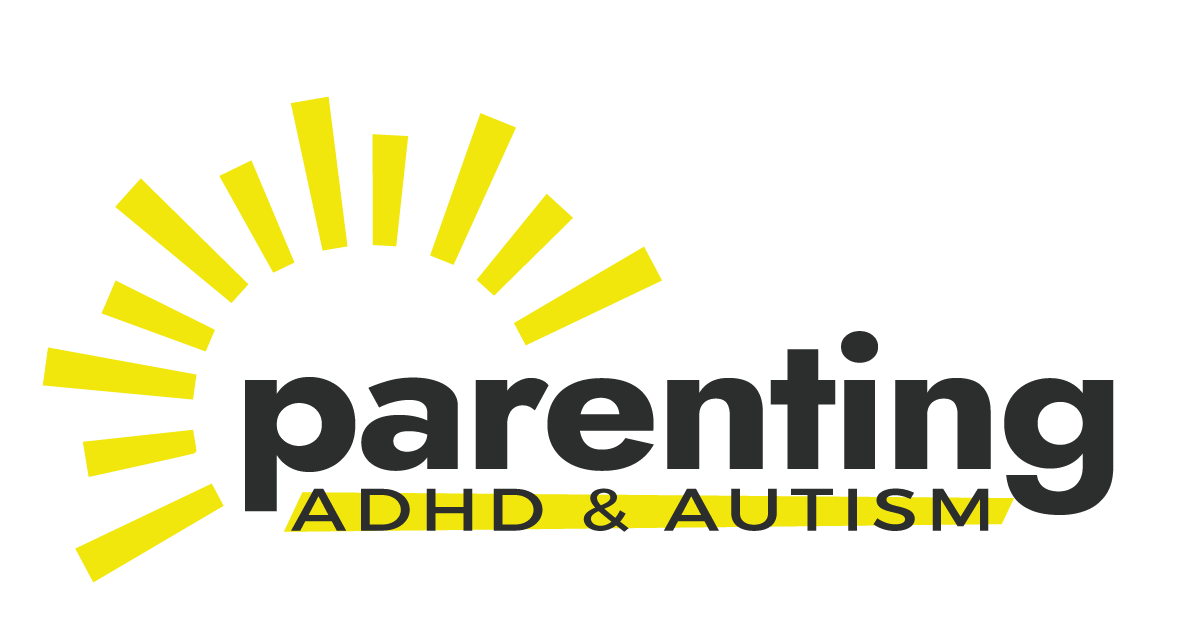


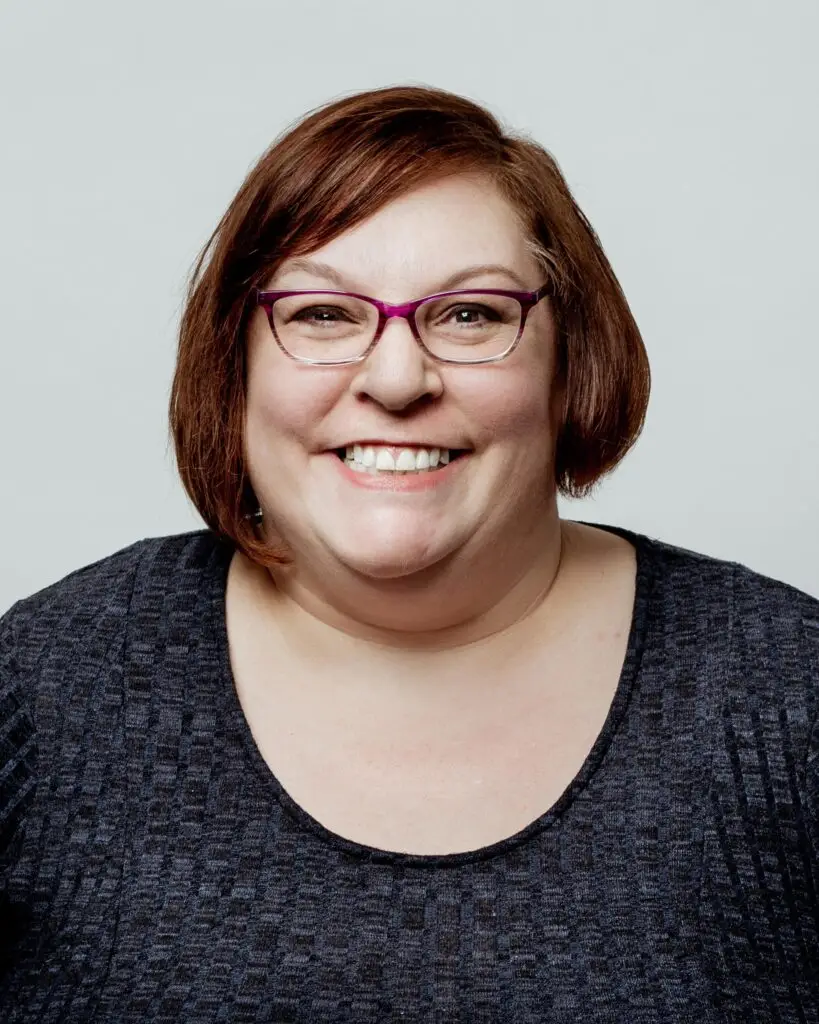

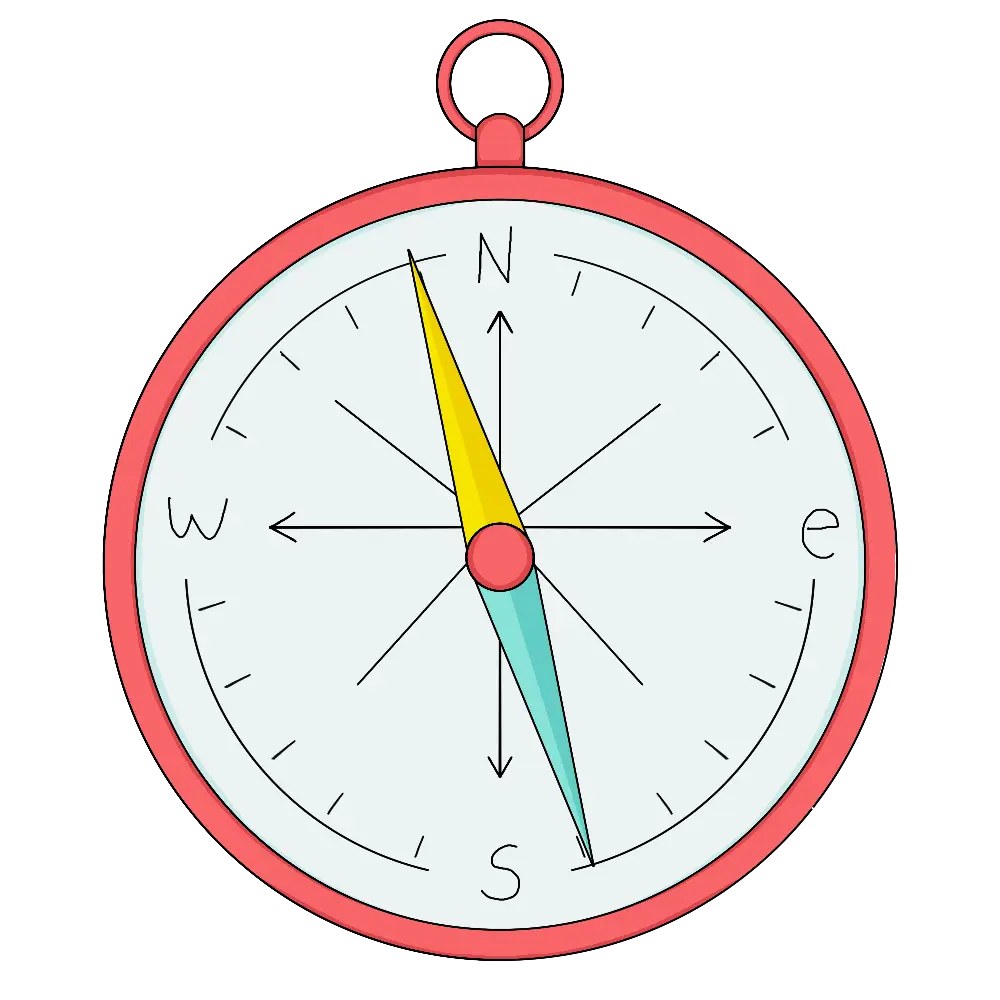
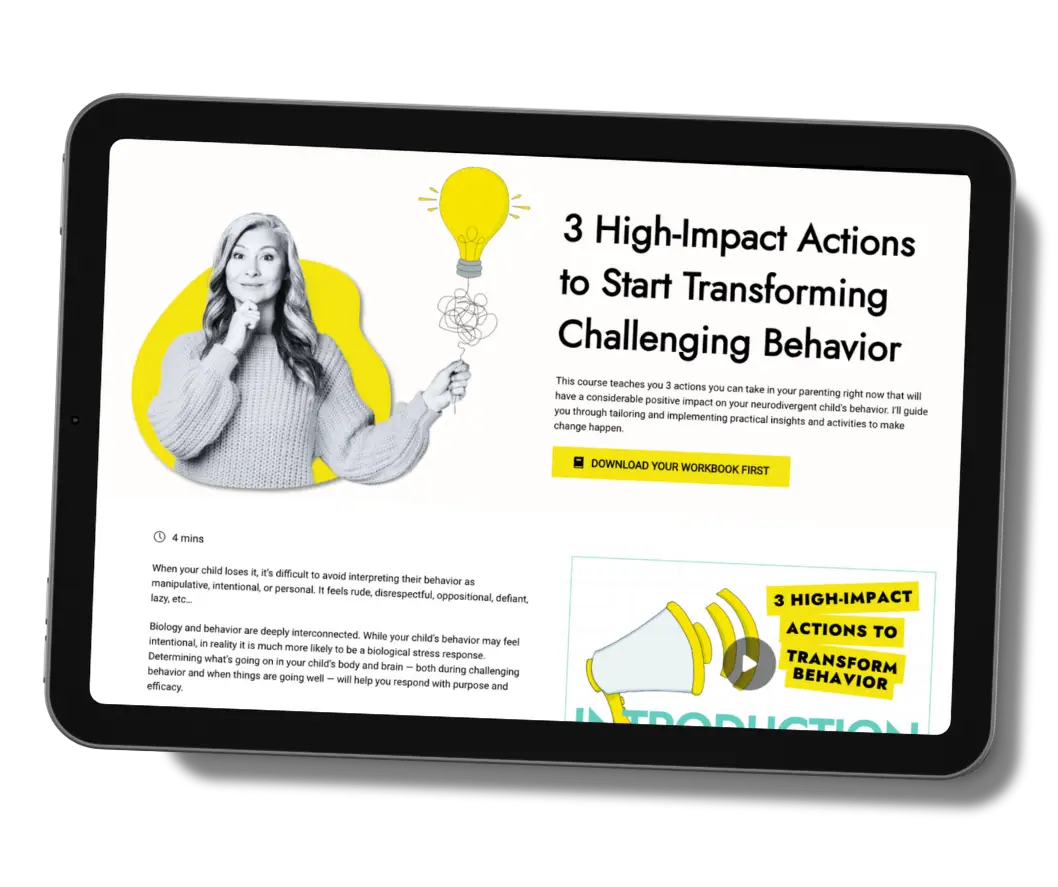

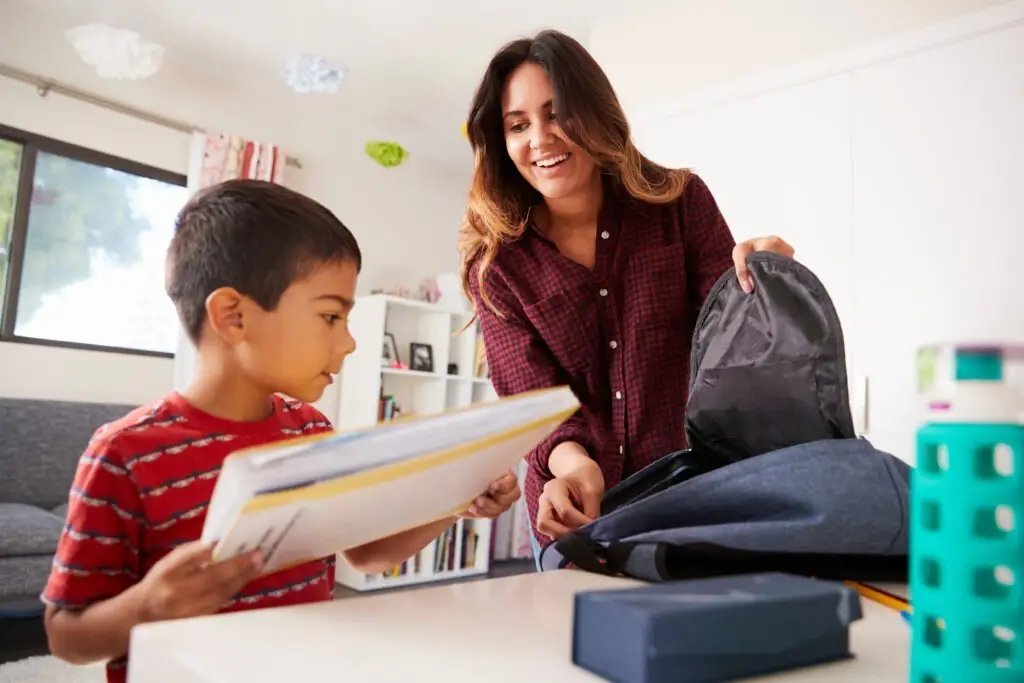
As an elementary teacher I really enjoy your podcasts. However, I would really suggest you have a podcast with actual teachers who can give classroom tips and accommodations that they have experienced that work best. I do have to say that I often get a feeling that teachers are not given enough credit at times in your podcasts. As you and your guests mention how difficult it was for you find what works best with your own children, it’s truly also difficult for teachers when we have 2 or more kiddos with adhd or autism due to inclusion in the classrooms. We don’t have years to figure what will work best and for sure collaboration with parents is key. However, many times, the parents themselves don’t know how to help their own children when it comes to completing school work or adapting to school in general and ask for our assistance. I do feel that many kids that are medium to high on the spectrum should be included in a regular classrooms with paras and sped teachers to assist. However, when there are several kids with emotional issues or with severe adhd and or autism in the same classroom, that they should not be in a regular classrooms and be better serviced by pull out classes or in a resource classroom as it used to once be. I do beli ve that they should at one point be included in clases like pe, music, art or history. I as a teacher truly care for all children and that’s why I chose this profession in the first place. It’s true that our education system is broken and that too many expectations and accountability is placed on us teachers. The pressure that is placed on us for our kids to perform high on standardized state assessments is unimaginable. The reality is that we can only do so much before we break down. As for myself, I will continue not to try and get discouraged and I will continue to listen and learn more about adhd and autism so I can better help my kiddos year after year and god willing make a positive difference in their lives.
I'm glad you're listening. Amanda Morin in this episode was a classroom teacher for many years. Yes, I have shared many stories of our struggles with school but have tried to always give the caveat that it's my experience. My son has had a couple great teachers and it makes all the difference. Unfortunately, he's had far more that decided his high intelligence meant extra high capability, and wouldn't listen to reason/knowledge from me. First and foremost, it's a broken system. But, we also need to train teachers to understand all types of neurodiversity.